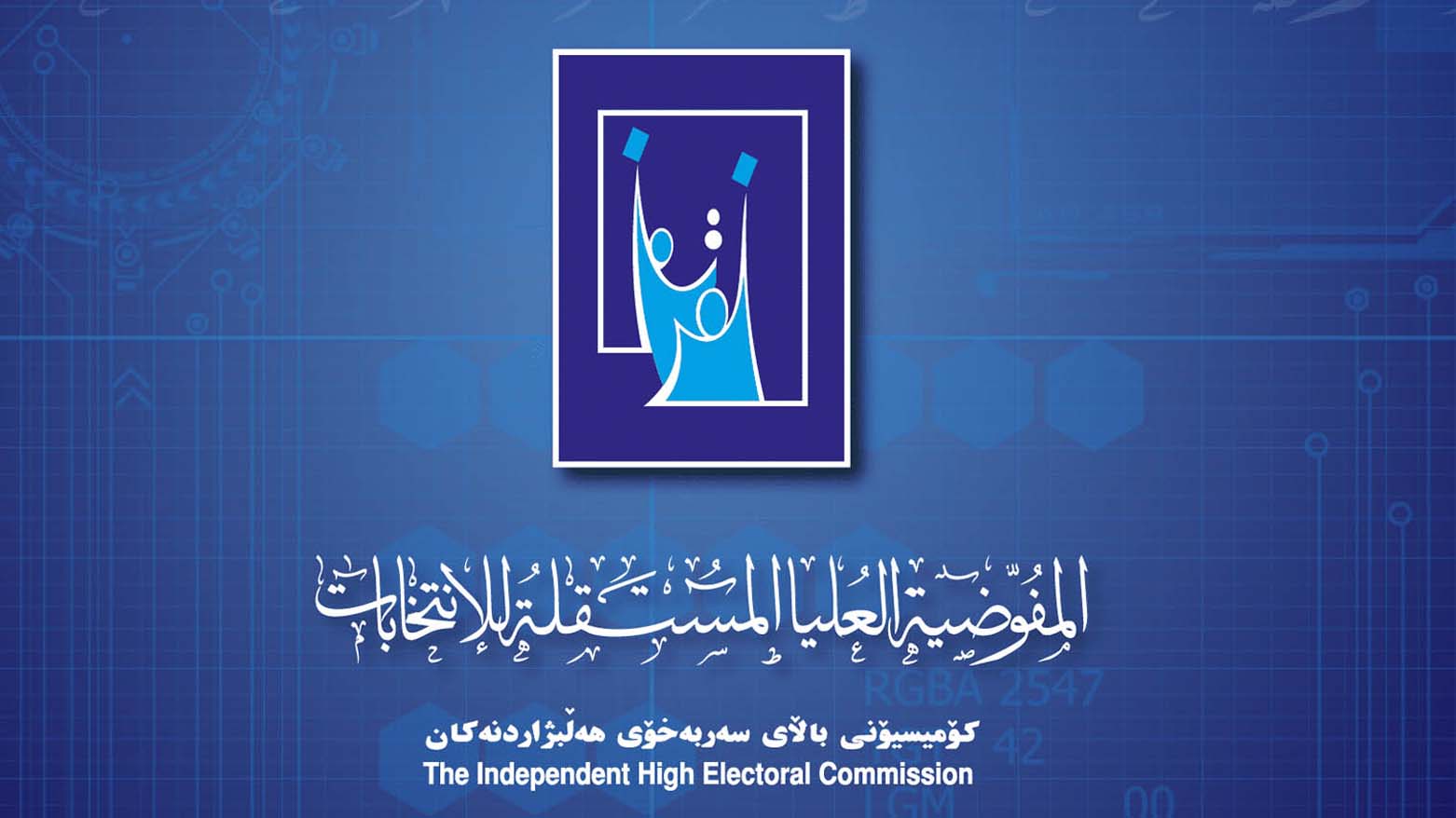IHEC Outlines Appeals Process as Political Reactions Intensify Following Iraq’s Election Results
Iraq's electoral commission outlined the appeals process for parliamentary results as political reactions intensify. The KDP leads with 1+ million votes, while Christian leaders demand independent representation and Sunni blocs affirm the presidency belongs to Kurds.

ERBIL (Kurdistan24) – Iraq’s Independent High Electoral Commission (IHEC) on Friday detailed the full mechanism for resolving complaints and appeals before approving the final parliamentary election results, as political reactions continue to unfold across the country following significant shifts in representation—most notably within the Christian quota and Kurdish-led provinces.
Deputy spokesperson Nebras Abu Souda said the process of seat distribution and determination of winners passes through several phases before the final list is endorsed.
She explained that IHEC first addresses all submitted complaints and reviews polling stations that failed to transmit their results within the first six hours of polls closing. These stations, she noted, were expected to send data through the electronic transmission system.
Abu Souda added that the preliminary results remain open to appeals, which are reviewed jointly by the Commission and the Judicial Electoral Authority. Once the judicial body confirms completion of all appeals, its notification to IHEC is considered an official closure of the process.
IHEC then sends the final list of winners to the Federal Supreme Court, including all 329 members set to occupy parliamentary seats.
She stressed that the process is not tied to a fixed timeline, but to completion of required legal procedures.
The announcement comes amid strong reactions from Iraq’s Christian community.
Cardinal Louis Raphael Sako, Patriarch of the Chaldean Church, issued a sweeping statement calling for establishing an independent Christian political council free from party interference.
Sako said the election results reveal an urgent need to “reorganize the Christian house” and ensure genuine political representation for a community that has suffered displacement, marginalization, and demographic decline.
He highlighted several priorities for the coming phase:
• Forming an independent Christian political council
• Amending election laws to protect quota seats from external influence
• Passing legislation to strengthen social justice and preserve family rights
• Unifying the administration of the Nineveh Plain and removing armed groups
• Preserving historical Christian identities — Chaldean, Assyrian, and Syriac
Sako warned that continued marginalization threatens the future of Christianity in Iraq, noting that more than a third of the community has emigrated in recent years.
In parallel, the Azm Alliance a Sunni political party in Iraq declared that the presidency remains a constitutional and political right of the Kurdish component, rejecting any attempt to nominate candidates from other blocs.
Mohammed Daham, a senior Azm figure, said the proposal to nominate Mohammed al-Halbousi for the presidency is “not acceptable,” emphasizing that the post has traditionally belonged to Kurds since 2003.
He warned that undermining this balance could trigger new political crises and destabilize the distribution of sovereign positions.
IHEC’s preliminary results, announced earlier this week, showed the Kurdistan Democratic Party (KDP) leading the vote in several major provinces.
The party secured first place in Erbil, Duhok, and Nineveh, while achieving notable gains in Sulaimani, resulting in more than 1,099,826 total votes across the five main regions: Duhok, Erbil, Nineveh, Sulaimani, and Kirkuk.
The Commission confirmed a 56.11% turnout, with all manual counts matching electronic tallies at 100% accuracy.
IHEC said the results are “initial and non-appealable,” noting that 60 stations did not transmit electronically.
The KDP’s performance reinforces its position as one of Iraq’s largest political forces both within the Kurdistan Region and nationwide.
The intersection of these developments — electoral appeals, Christian political restructuring, intra-Sunni dynamics over the presidency, and Kurdish electoral strength — underscores the complexity of Iraq’s post-election environment.
As IHEC moves through its legal procedures and prepares to submit the final list of winners to the Federal Supreme Court, political actors across the spectrum are positioning themselves for the next phase of government formation.
Iraq’s evolving electoral map continues to shape political discourse across the country.
With IHEC entering the appeals phase, Christian leaders calling for independent representation, Sunni blocs reaffirming Kurdish entitlement to the presidency, and the KDP emerging as the leading force in multiple provinces, the formation of the next government appears set to unfold under heightened negotiation and shifting power dynamics.